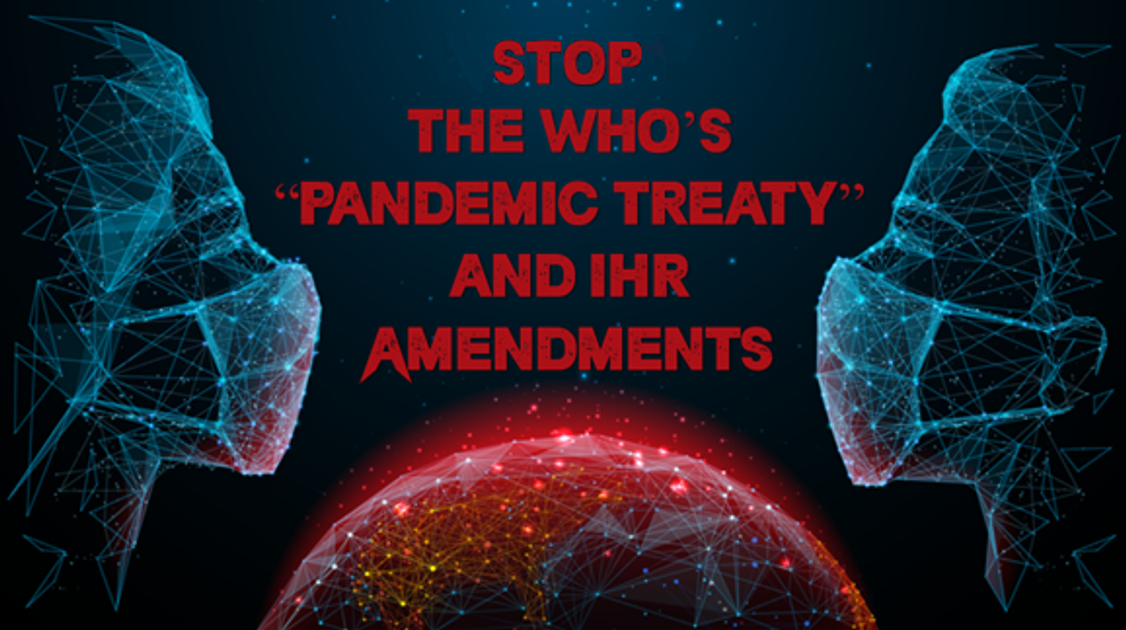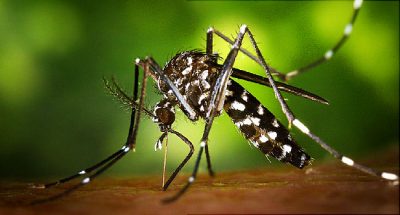Oops! Nature magazine yanks global-warming study for ‘systematic errors’
from WND:
 ‘Just the latest example of climate scientists using incorrect statistics’
‘Just the latest example of climate scientists using incorrect statistics’
Nature magazine has retracted a study on so-called “global warming” that claimed humans were creating warming in the oceans.
“We realized that our reported uncertainties were underestimated owing to our treatment of certain systematic errors as random errors,” the magazine said of the Princeton-authored piece.
Scientist Nic Lewis, who pointed out the errors shortly after the study was published, said it was “just the latest example of climate scientists letting themselves down by using incorrect statistics.”
“The climate field needs to get professional statisticians involved up front if it is going to avoid this kind of embarrassment in future,” he said.
Nature credited Lewis with helping it “realize” the errors.
The Global Warming Policy Forum noted the study “claimed to have found rapid warming in the oceans as a result of manmade global warming.”
The fault was in the scientists’ “statistical methodology.”
“The paper, from a team led by Laure Resplandy of Princeton University, had received widespread uncritical publicity in the mainstream media when it was published because of its apparently alarming implications for the planet,” the blog explained. “However, within days of its publication in October 2018, independent scientist Nic Lewis found several serious flaws.”
“Climatology is littered with examples of bad statistics, going back to the infamous Hockey Stick graph and beyond,” explained Benny Peiser of the Global Warming Policy Forum. “Peer review is failing and it is falling to amateurs to find the errors. Scientists in the field should be embarrassed.”
Authors of the study were R.F. Keeling, Y. Eddebbar and M.K. Brooks of Scripps Institution of Oceanography; R. Wang of China; L. Bopp of Paris; M.C. Long of the National Center for Atmospheric Research in Boulder, Colorado; J.P. Dunne of NOAA; and W. Koeve and A. Oschlies of Germany.
Peiser pointed out the paper’s findings were peer-reviewed, published in the world’s premier scientific journal and given wide media coverage.
“Despite this, a quick review of the first page of the paper was sufficient to raise doubts as to the accuracy of its results. Just a few hours of analysis and calculations, based only on published information, was sufficient to uncover apparently serious (but surely inadvertent) errors in the underlying calculations.”
Peiser said that even if the paper’s results had been correct, “they would not have justified its findings regarding an increase to 2.0° C in the lower bound of the equilibrium climate sensitivity range and a 25% reduction in the carbon budget for 2° C global warming.”
Loading...



